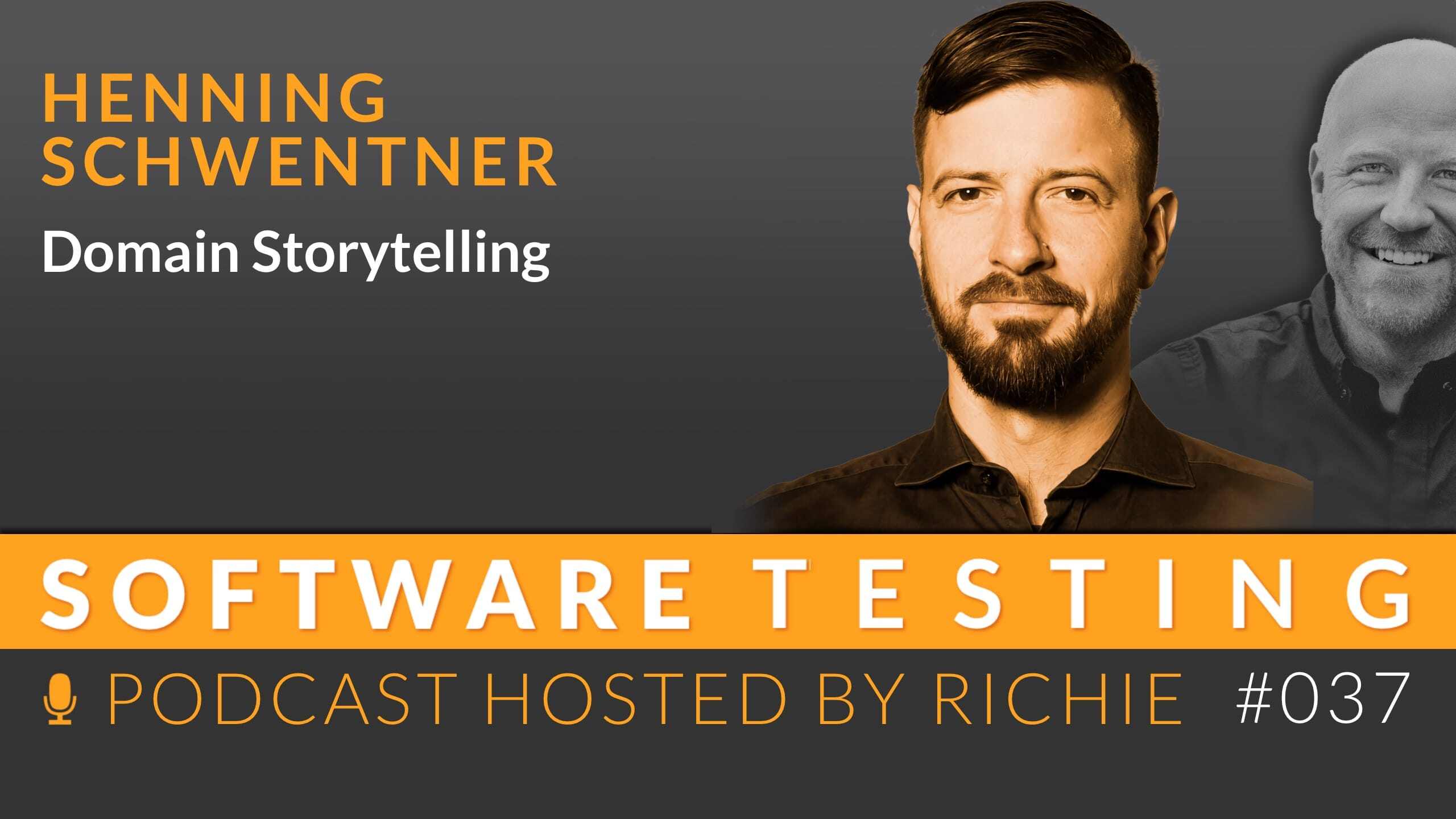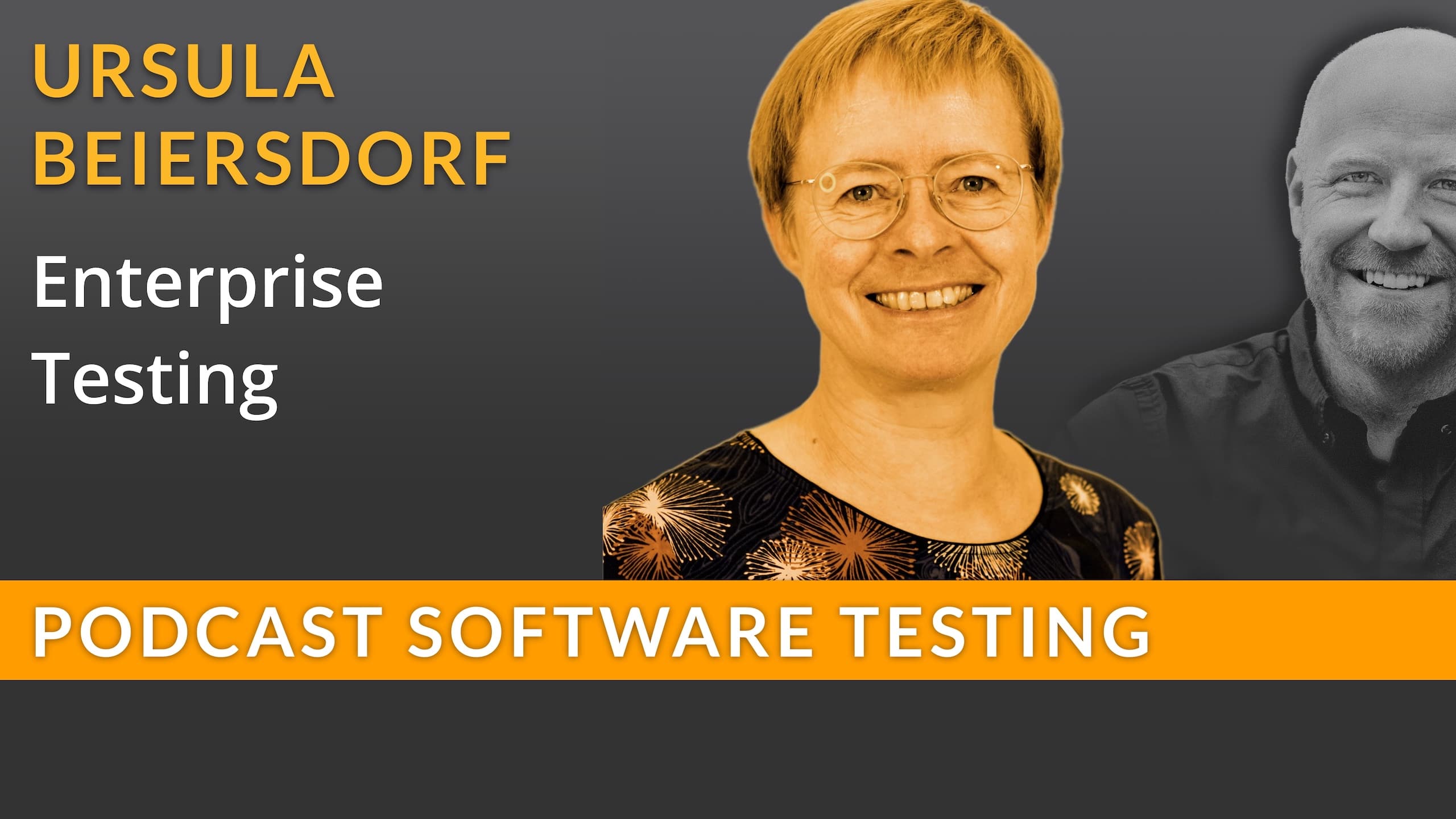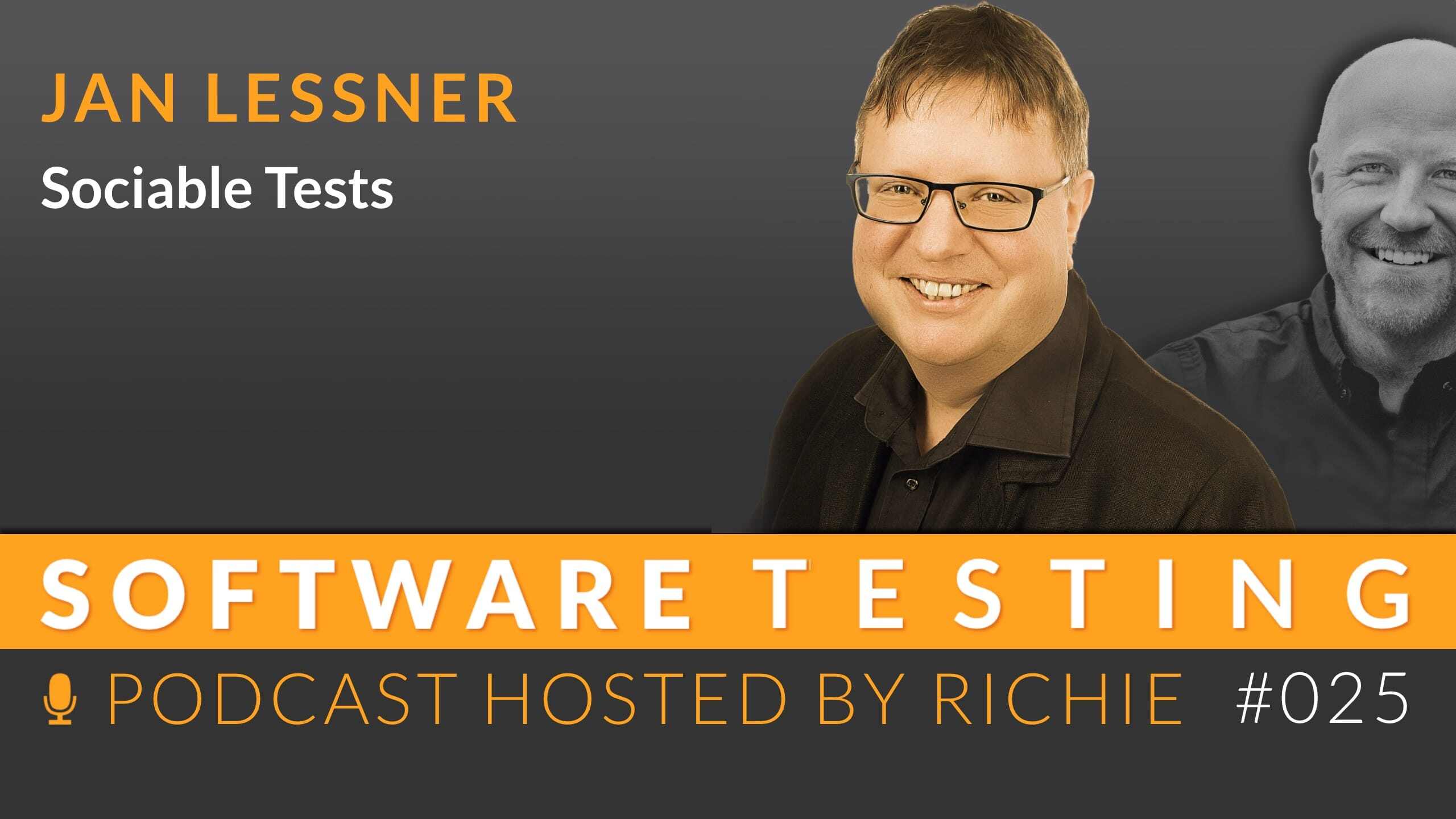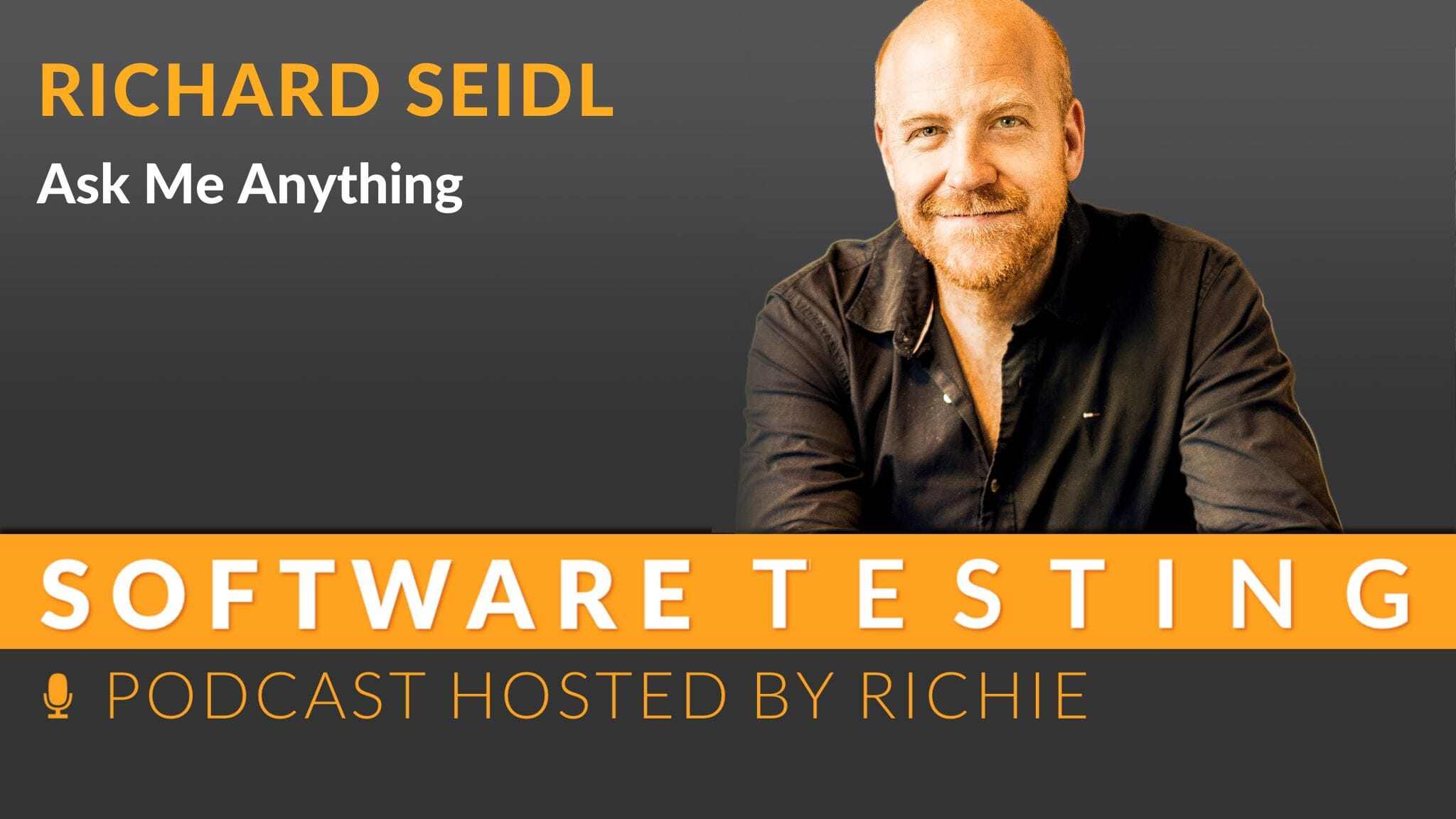Testing Enterprise Software
The challenges and methods of testing in large enterprise environments are of central importance, especially in the context of SAP and other...

Domain storytelling is a practical and user-centered method in which users and developers work together. The simple, visual representation of often complex interrelationships helps to develop a deep understanding of the development goals and problems. This eliminates misunderstandings at the beginning of development, which saves costs, time and hassle in the long term and gives quality a boost. Henning is an expert and consultant and tells us what domain storytelling looks like, how and where it is used and what the limits of this method are.
"The user tells the business analyst, the business analyst tells the architect, the architect tells the developer (...) and in the end something is built that has nothing to do with what should be built up front" - Henning Schwentner
Henning loves to program with high quality. He lives this passion as a programmer, trainer and consultant at WPS - Workplace Solutions. There he helps teams to restructure their monoliths or to develop new systems with a sustainable architecture from scratch. Henning is the author of Domain Storytelling (Addison-Wesley, 2022), Domain-Driven Transformation (dpunkt, 2023) and the
In this episode, I discuss domain storytelling, a method for improving communication between users and developers, with Henning Schwentner. Henning shares insights into his experiences and his book on the topic.
Domain storytelling is more than just a method; it is a holistic approach to improving communication between subject matter experts and developers. By combining a workshop format with a graphical notation, it enables teams to visualize and better understand user requirements. This method addresses the essential point of understanding across the media divide - a challenge that arises in almost every software project.
In our conversation with Henning, we dive into the practical implementation of domain storytelling. He divides the process into coarse- and fine-grained stories to highlight different aspects of a domain. From general overviews to detailed scenarios, each story helps to develop a deeper understanding of user requirements. These stories are then visualized through simple drawings using stick figures, symbols and arrows.
One particularly exciting aspect of domain storytelling is its ability to be seamlessly integrated into the development process. Henning describes how acceptance tests can be derived directly from the stories created. This close connection between professionalism and technical implementation not only promotes mutual understanding, but also accelerates the entire development process.
Henning shares a variety of resources and tools for using domain storytelling effectively. From physical whiteboards to specialized online tools, each method offers its own benefits. However, he particularly emphasizes the importance of direct communication between all stakeholders to realize the full potential of domain storytelling.
To conclude our discussion, it becomes clear how essential domain storytelling is for quality management in software development. By promoting understanding between all stakeholders and reducing misunderstandings, it makes a significant contribution to increasing product quality. Henning once again emphasizes the importance of an open approach to tools and methods - because not every method fits every situation.

The challenges and methods of testing in large enterprise environments are of central importance, especially in the context of SAP and other...

Podcast Episode: Sociable Tests Does an isolated small unit test really do us any good? There are many ways to automate testing, and sometimes you...

Podcast Episode: AI, Test Automation and Skills In this special summer episode, I've answered some of the most common questions you've sent me over...